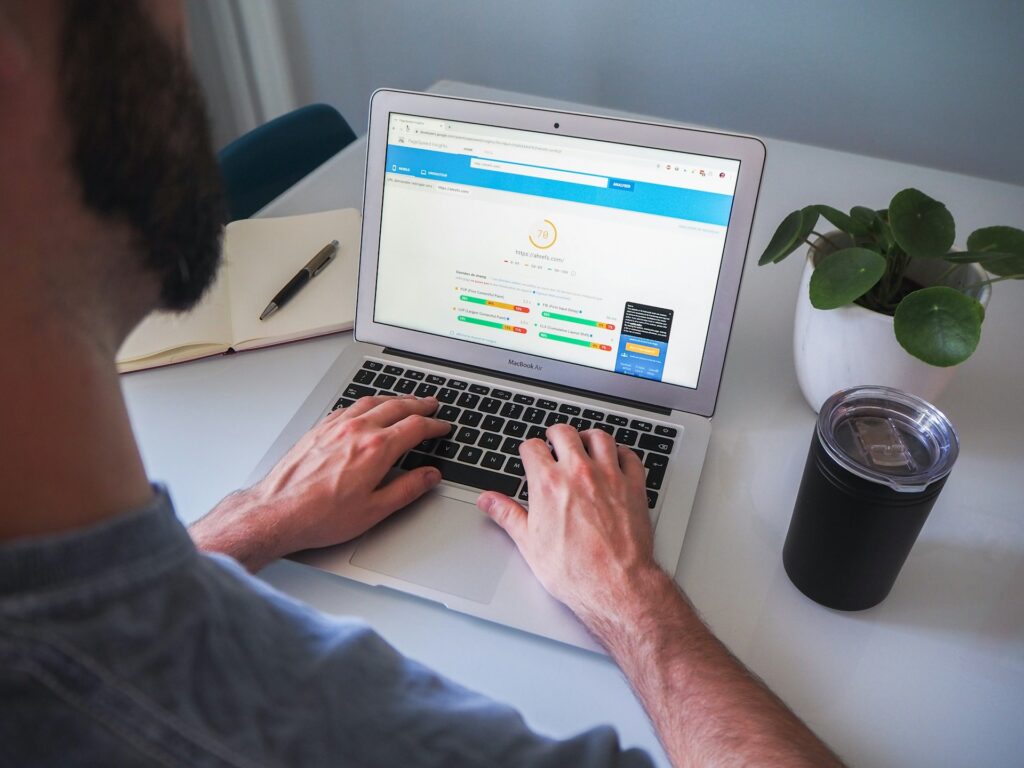
In today’s digital world, speed is everything. If your website takes too long to load, visitors won’t wait—they’ll simply leave. A slow website not only frustrates users but also directly impacts your sales, SEO rankings, and overall brand reputation. Let’s dive into why your website’s loading speed is crucial for your business success and how you can improve it.
First Impressions Matter
Your website’s loading speed is the first interaction users have with your brand. Studies show that 53% of users abandon a site if it takes longer than 3 seconds to load. If potential customers experience delays, they may assume your business is unprofessional or unreliable and move on to a competitor.
Higher Bounce Rates = Lower Conversions
A slow website leads to a high bounce rate, meaning visitors leave your site before taking any action. The longer your page takes to load, the lower your chances of converting visitors into customers. Even a 1-second delay can reduce conversions by 7%, which could mean thousands of dollars in lost revenue.
Google Favors Fast Websites
Website speed is a crucial ranking factor in Google’s algorithm. A slow-loading site will rank lower in search results, making it harder for potential customers to find you. Google prioritizes websites that offer a seamless experience, meaning that if your competitors’ sites load faster, they’ll outrank you and get more traffic.
Mobile Users Expect Instant Loading
With mobile browsing surpassing desktop usage, your website must be optimized for speed on all devices. Mobile users are even less patient—if a site doesn’t load quickly, they’ll leave immediately. Google’s Core Web Vitals emphasize mobile-first performance, so if your mobile experience is slow, your rankings and conversions will suffer.
Customer Satisfaction & Brand Reputation
A fast website builds trust and credibility. Customers associate speed with efficiency and reliability. If your site is slow, it can damage your reputation, lead to negative reviews, and discourage repeat business. On the other hand, a fast-loading website enhances the user experience, leading to increased engagement and loyalty.
How to Improve Your Website’s Speed
If your website is slow, here are some quick fixes:
Optimize Code – Minimize CSS, JavaScript, and HTML files to improve efficiency.
Optimize Images – Compress and resize images without losing quality.
Use a Content Delivery Network (CDN) – Distribute content across multiple servers to load pages faster.
Minimize HTTP Requests – Reduce the number of elements (scripts, images, fonts) loading on each page.
Enable Browser Caching – Store frequently used resources so they don’t need to reload every visit.
Upgrade Your Hosting – Invest in a high-performance hosting provider for better speed and uptime.
Conclusion
Website speed isn’t just a technical issue—it’s a business-critical factor that directly affects your sales, customer satisfaction, and search rankings. By optimizing your website’s loading time, you can improve user experience, increase conversions, and stay ahead of the competition. If you need help speeding up your website, Syntralis is here to assist you!
🚀 Ready to optimize your website for better performance? Contact us today!
